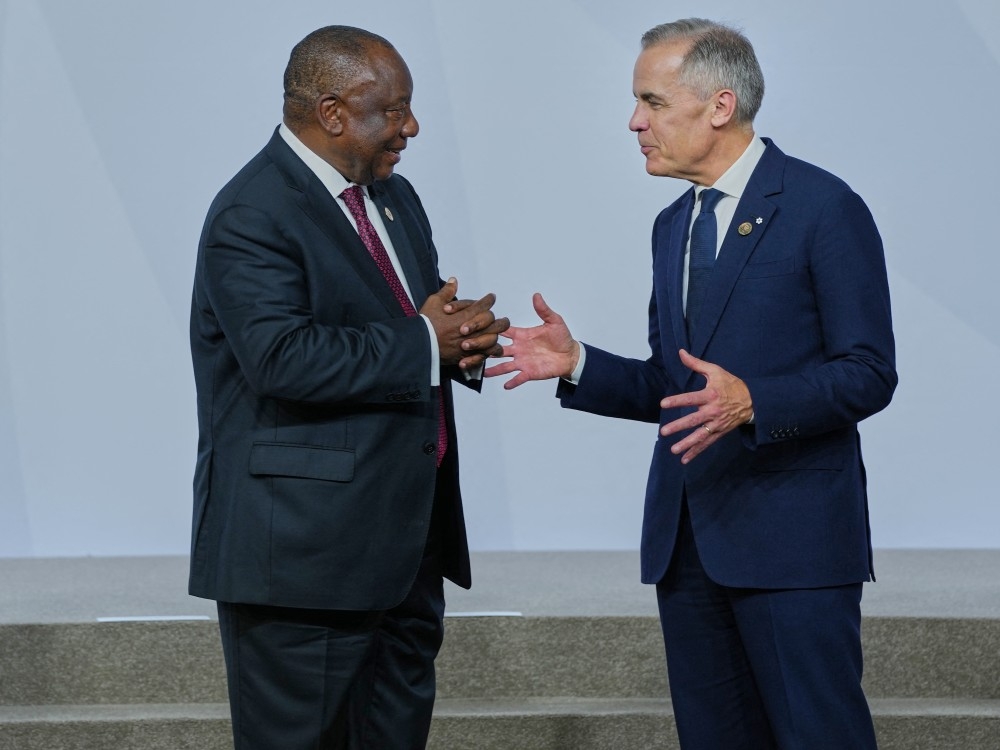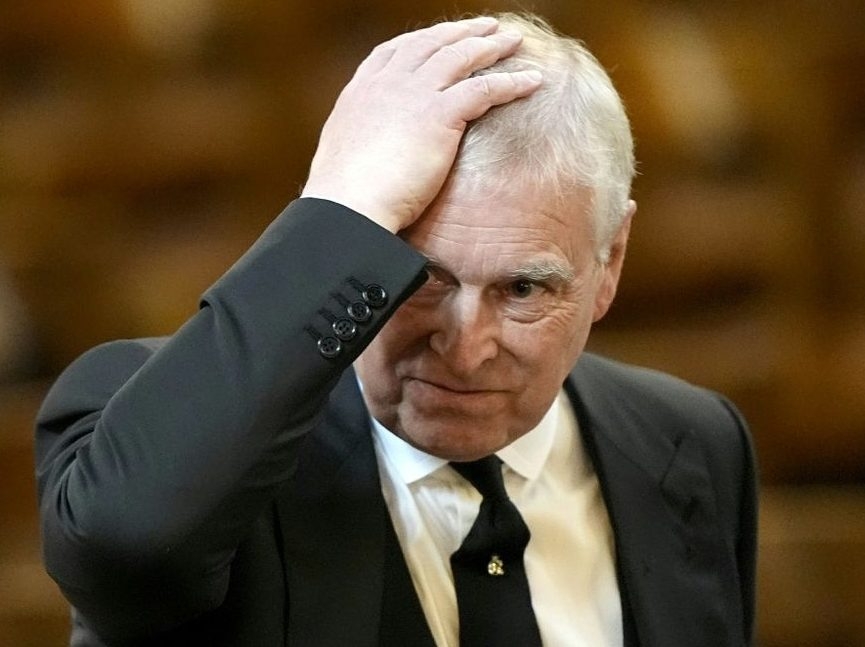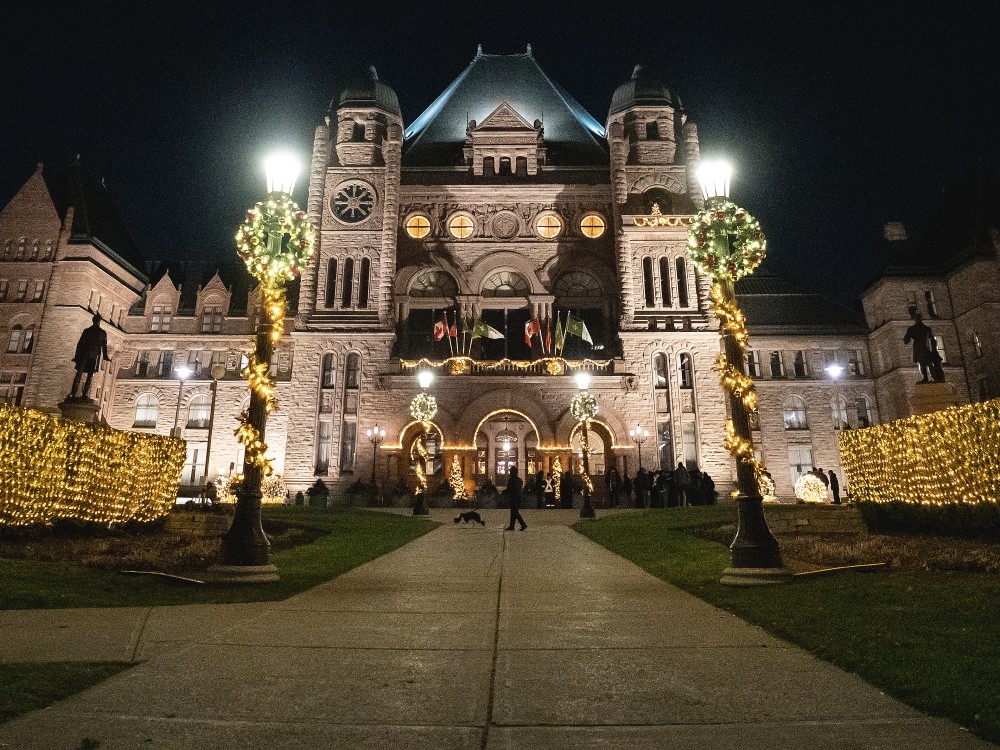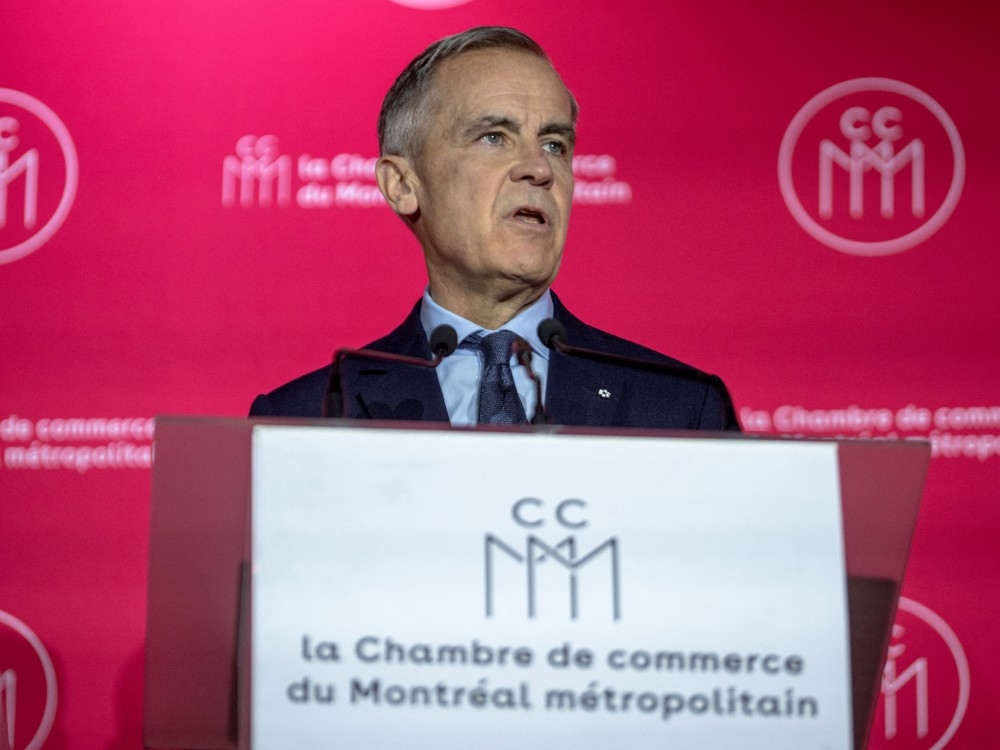The weight of a family legacy, shadowed by tragedy, found itself revisited on a somber anniversary. Sixty-two years after the assassination of President John F. Kennedy, his granddaughter, Tatiana Schlossberg, revealed a deeply personal battle: a terminal cancer diagnosis.
Just months ago, in May of 2024, at the age of 34, Schlossberg’s life took an unforeseen turn. A routine check-up following the birth of her second child flagged an unusually high white blood cell count, initiating a cascade of tests that ultimately revealed acute myeloid leukemia – a particularly aggressive form, and one rarely seen in someone so young.
The diagnosis unleashed a relentless fight. Schlossberg endured grueling rounds of chemotherapy, followed by two stem cell transplants, first utilizing cells from her sister, and then from a courageous, unrelated donor. She bravely participated in clinical trials, clinging to hope with each new treatment.
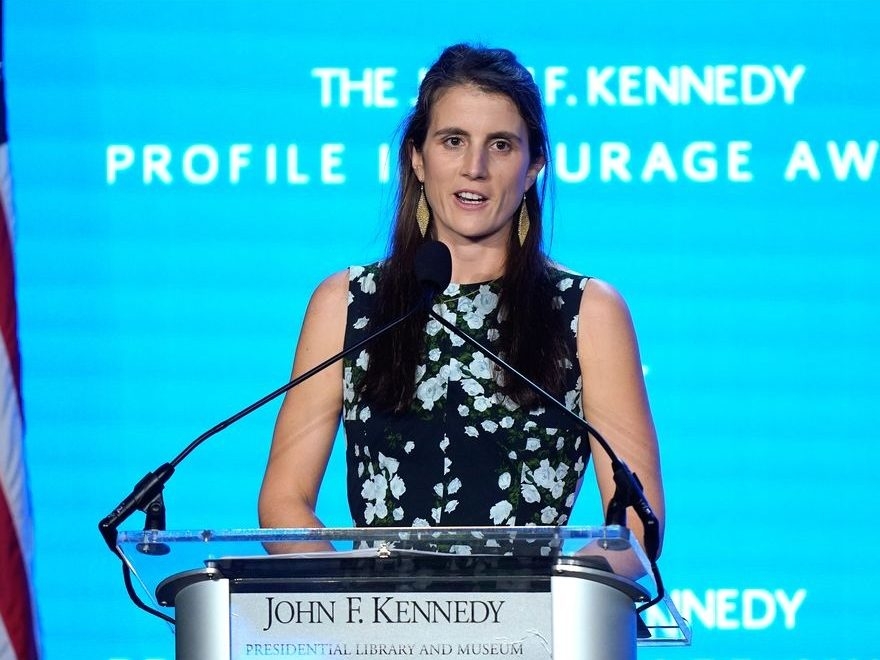
Yet, despite the unwavering efforts of her medical team, a stark reality emerged. During a recent trial, her doctor delivered the heartbreaking news: he could prolong her life for approximately one year. The words hung heavy, a measured timeline against the backdrop of a life brimming with potential.
Schlossberg, an environmental journalist, also expressed profound concern regarding the policies of her cousin, Robert F. Kennedy Jr. She fears his actions as a public servant could directly impede advancements in cancer research, specifically highlighting cuts to funding for mRNA vaccine technology – a promising avenue for future cancer treatments.
Beyond the medical complexities and political anxieties, a more intimate sorrow pervades her thoughts. The prospect of her young children growing up without her memory is a pain she grapples with daily. The stolen years, the unwritten chapters of a “wonderful life” with her husband, George Moran, weigh heavily on her heart.
She observes the quiet sorrow of her parents and siblings, their attempts to shield her from their own grief. But the pain is palpable, a shared burden carried in silence. Schlossberg reflects on a lifetime spent striving to be a source of comfort and joy, and now finds herself the cause of unimaginable sorrow.
“Now I have added a new tragedy to her life, to our family’s life, and there’s nothing I can do to stop it,” she wrote, a poignant expression of helplessness and a heartbreaking acknowledgment of the inevitable. It is a legacy of loss, continuing to unfold with devastating clarity.
